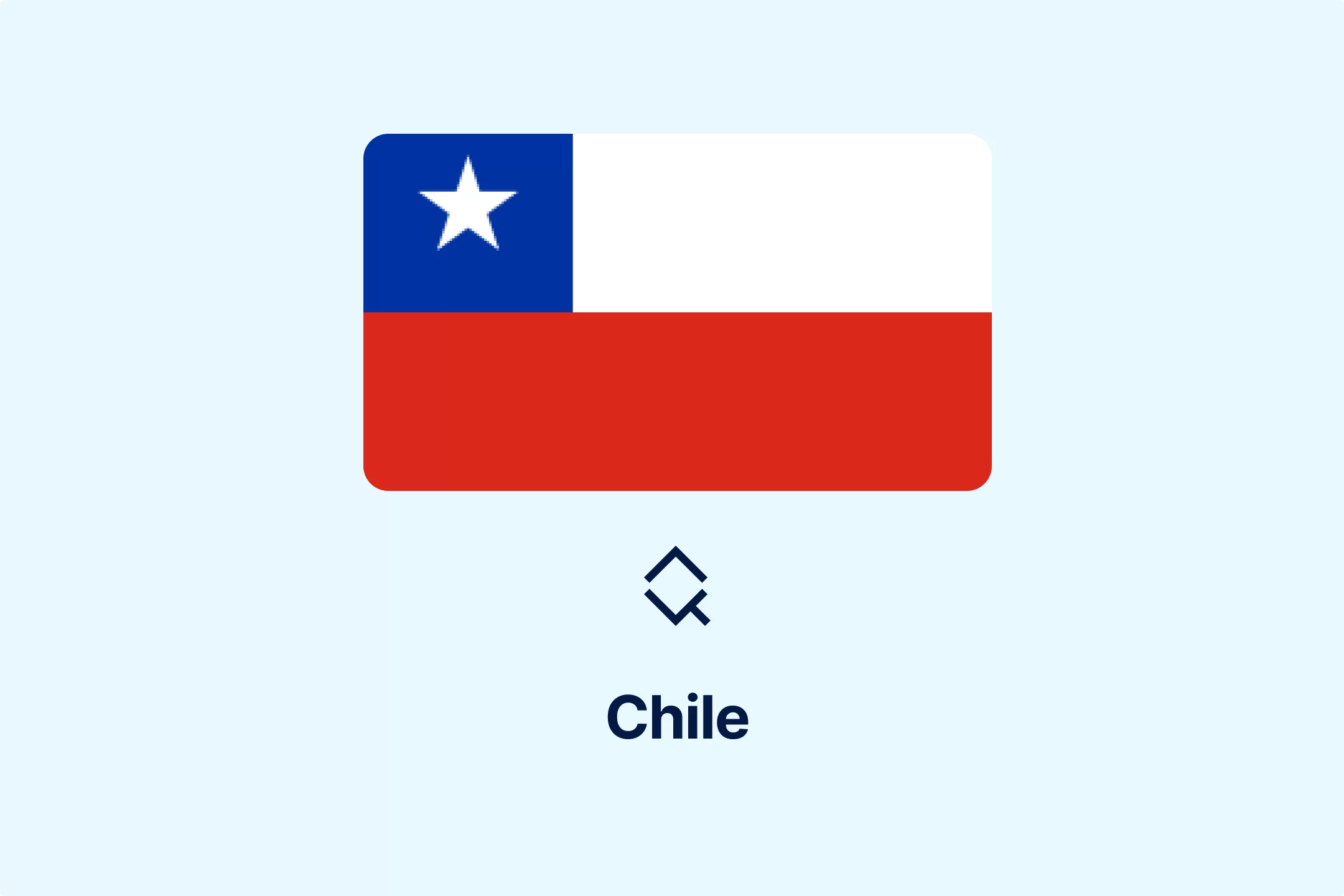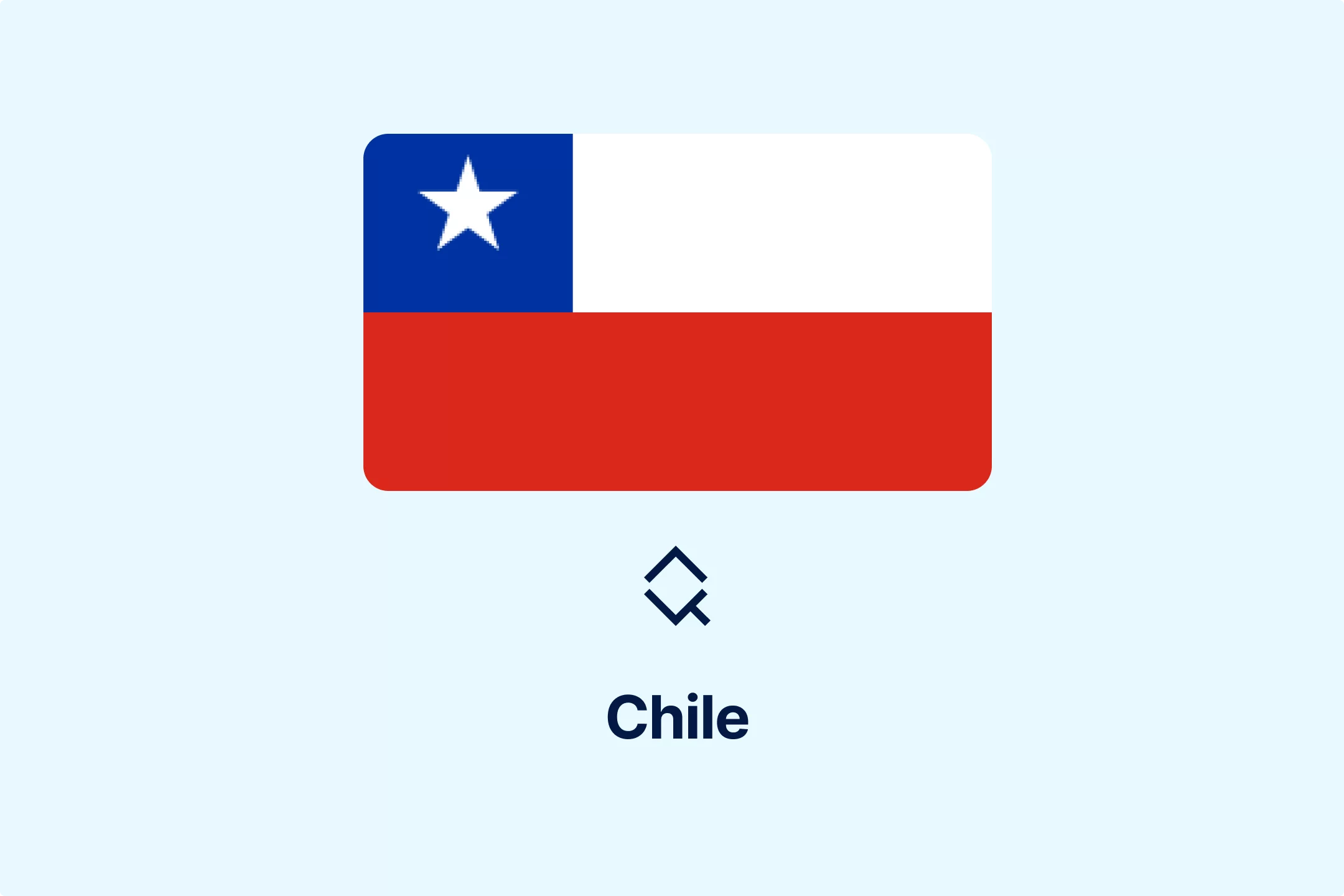Chile Clarifies Tax Rules for Influencers and Creators
-gsvc6ack9u.webp)
The Chilean Internal Revenue Service (SII) issued a document that formally aligns the activity of social media influencers with that of professional service providers, requiring them to issue e-invoices for income earned from their online activities. The decision to provide a more precise definition of the tax obligations for individuals working as digital content creators or influencers was part of SII’s broader effort to integrate new digital business models into the country’s tax system.
Impact on Content Creators and Influencers
In 2022, the SII launched a pilot program involving 140 taxpayers identified as potential non-compliant influencers. Since then, SII has been monitoring the influencer economy, and by the 2025 tax year, it classified more than 31,000 individuals as influencers or content creators. Notably, the SII defines them as natural persons who independently generate or distribute digital content, such as video, images, live streams, and text, through Chilean or foreign social platforms.
Influencers and content creators must begin their tax activities as natural persons subject to income tax, issue e-invoices for earnings, and pay a 14.5% monthly withholding tax. Additionally, they must make social security contributions as self-employed individuals.
All invoices must be issued on the payment date, addressed to “Digital Platform Users” with a generic RUT number, and state the platform’s name and payment details. Furthermore, amounts stated on invoices must be calculated net of platform commissions, using the exchange rate applicable on the payment date if income is received in foreign currency.
In contrast, influencers operating as companies or selling products are taxed under the so-called first-category business regime, and are subject to both VAT and income tax. In such cases, standard invoices or sales receipts must be issued for the sale of goods or products, VAT is declared monthly, and simplified accounting records are required.
Conclusion
The standardization of tax rules for influencers and content creators is a direct result of many years of work on the matter, including a pilot program. With new regulations and clarification, Chile adapted to the reality of the digital economy, encouraging voluntary compliance among content creators and aligning national tax policy with international standards.
Source: Chilean Internal Revenue Service

More News from Chile
Get real-time updates and developments from around the world, keeping you informed and prepared.
-e9lcpxl5nq.webp)






-sebuexzucq.webp)


-8bkw2pujxu.webp)

